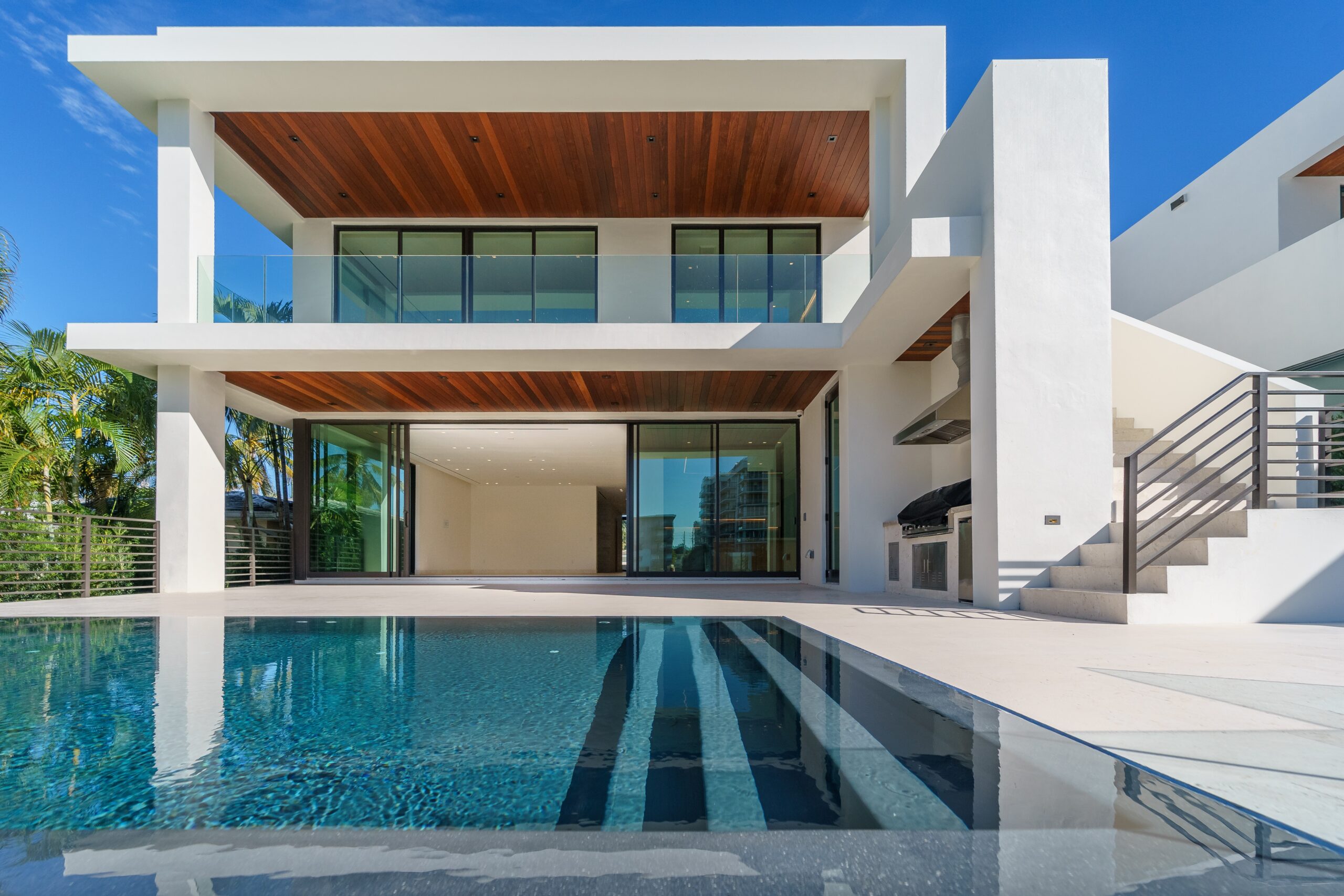
Luxury homes, with their opulent designs, lavish amenities, and prestigious locations, epitomize a lifestyle of elegance and exclusivity. Aspiring homeowners often find themselves contemplating the allure of luxury real estate, weighed against the potential drawbacks. In this blog post, we will dissect the pros and cons of buying a luxury home, providing insights to help you navigate the decision-making process.
The Pros of Buying a Luxury Home
1. Unparalleled Amenities:
Luxury homes are renowned for their top-tier amenities. From state-of-the-art home theaters to spa-like bathrooms and gourmet kitchens equipped with the latest appliances, these residences offer a lifestyle of unparalleled comfort and convenience.
2. Prime Locations:
Luxury homes are often situated in prestigious neighborhoods, offering breathtaking views, proximity to cultural hubs, and access to exclusive amenities. The location itself becomes a status symbol, providing an elevated living experience.
3. High-Quality Construction and Design:
Luxury homes are built with meticulous attention to detail and craftsmanship. High-quality materials, innovative architectural designs, and custom finishes contribute to the overall aesthetics and longevity of the property.
4. Enhanced Security Measures:
Security is a paramount consideration for luxury homeowners. These properties typically come equipped with advanced security systems, gated entrances, and sometimes even private security personnel, ensuring a heightened sense of safety and privacy.
5. Resale Value and Prestige:
Luxury homes often retain their value over time, and owning one can be seen as a symbol of financial success and prestige. Resale potential is higher, especially when the property is located in a desirable area.
6. Personalization and Customization:
Luxury homeowners often have the opportunity to customize their living spaces according to their preferences. From bespoke interior design to tailored landscaping, the ability to personalize the home adds a unique touch.
7. Exclusive Lifestyle:
Luxury living extends beyond the home itself. It encompasses access to exclusive clubs, fine dining establishments, and cultural events. Owning a luxury home opens doors to a lifestyle that goes beyond the confines of the property.
The Cons of Buying a Luxury Home
1. High Initial Cost:
The most apparent drawback of luxury homes is their steep price tag. The initial cost of purchasing such a property can be significantly higher compared to conventional homes, limiting the pool of potential buyers.
2. Higher Maintenance Costs:
The grandeur of luxury homes comes with higher maintenance costs. Maintaining expansive landscapes, high-end finishes, and specialized features can incur ongoing expenses that exceed those associated with regular homes.
3. Market Volatility Impact:
Luxury real estate markets can be more susceptible to economic downturns and market volatility. Changes in the economy can affect the demand for luxury properties, potentially impacting their resale value.
4. Limited Buyer Pool:
The exclusivity of luxury homes means there is a smaller pool of potential buyers. Selling a luxury property may take longer, especially if the market is not conducive or if the property has unique features that cater to a niche audience.
5. High Property Taxes:
Luxury homes often come with higher property taxes due to their elevated value. Buyers should be prepared for substantial annual tax bills, which can add to the overall cost of ownership.
6. Sustainability Concerns:
Some luxury homes may be criticized for their environmental impact. Expansive properties with large footprints and energy-consuming amenities may not align with sustainability goals, prompting ethical considerations for environmentally conscious buyers.
7. Maintenance Challenges:
Maintaining a large luxury property can be challenging. From landscaping to cleaning, the sheer size of the residence can necessitate considerable time and effort or the employment of staff for ongoing maintenance.
Making an Informed Decision
The decision to buy a luxury home is a complex one that involves careful consideration of personal preferences, financial capabilities, and lifestyle aspirations. To make an informed decision, potential buyers should:
1. Assess Financial Readiness:
Evaluate your financial situation thoroughly. Consider not only the initial purchase cost but also ongoing maintenance, property taxes, and potential market fluctuations.
2. Define Lifestyle Priorities:
Clarify your lifestyle priorities. If access to exclusive amenities, prestigious locations, and a unique living experience are high on your list, a luxury home may align with your aspirations.
3. Understand Long-Term Plans:
Consider your long-term plans for the property. Whether it’s a primary residence, vacation home, or investment property, understanding your objectives will guide your decision-making process.
4. Consult with Real Estate Professionals:
Seek advice from real estate professionals specializing in luxury properties. They can provide insights into market trends, property values, and potential challenges associated with luxury home ownership.
5. Visit Properties and Research Neighborhoods:
Take the time to visit potential luxury properties and explore the neighborhoods. Immerse yourself in the local community, assess the amenities, and gauge whether the lifestyle aligns with your expectations.
6. Consider Resale Value:
While purchasing a luxury home is often a personal choice, considering the potential resale value is crucial. A property that retains its value ensures that your investment remains sound.
7. Evaluate Maintenance Commitments:
Be realistic about the maintenance commitments associated with a luxury home. If the property requires extensive upkeep, ensure that you are willing and able to meet those demands.
Conclusion
Buying a luxury home is a significant decision that goes beyond mere property ownership—it encompasses a lifestyle choice. Balancing the allure of opulence with the practical considerations of ownership is key to making a well-informed decision. By weighing the pros and cons, considering financial readiness, and aligning the purchase with long-term objectives, potential buyers can navigate the luxury real estate market with confidence. Whether you aspire to reside in an architectural masterpiece, enjoy exclusive amenities, or make a sound investment, understanding the intricacies of luxury home ownership ensures that your dream home is not just a residence but a reflection of your unique lifestyle.


